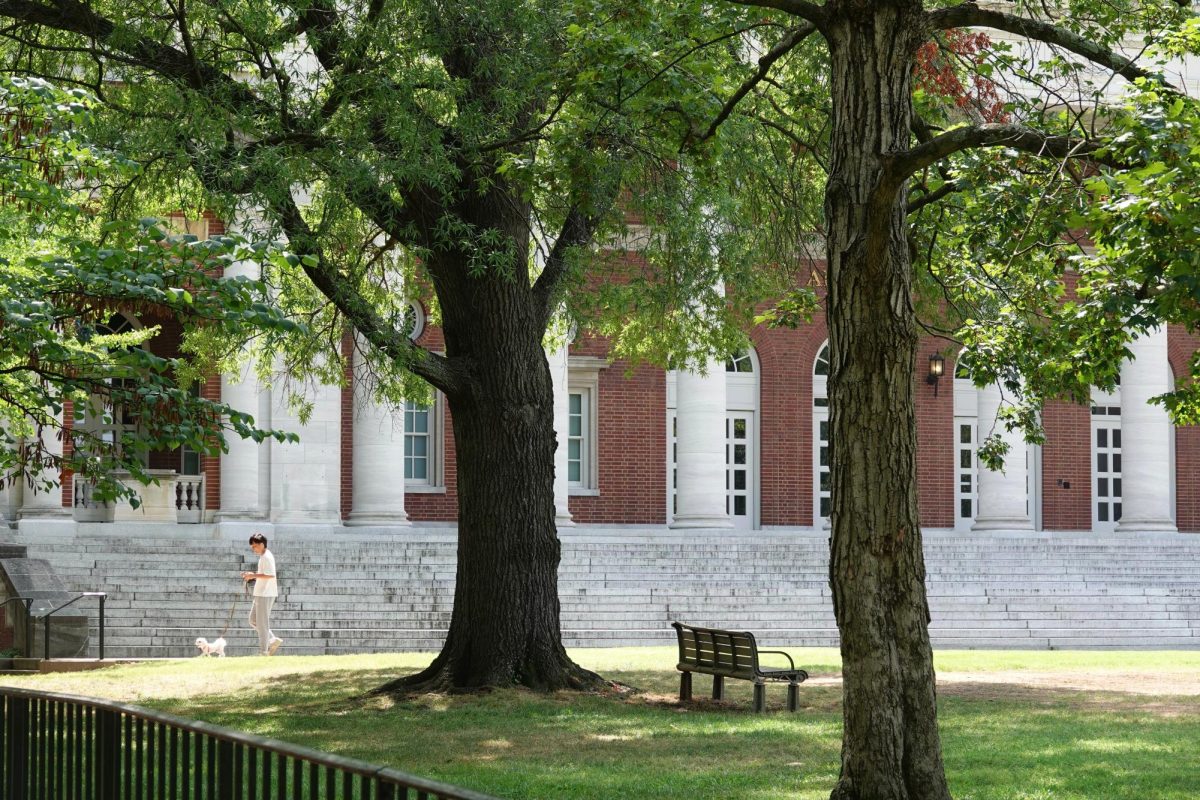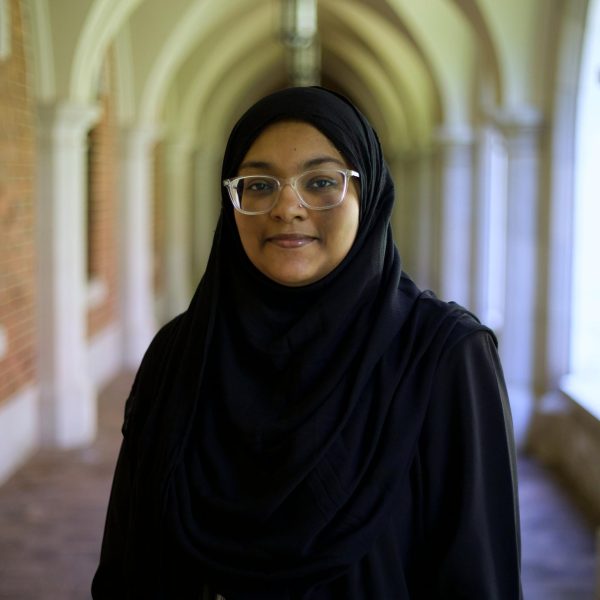Peabody College recently announced a new minor in child psychology and mental health. The existing teaching Linguistically Diverse Students minor and Second Language studies major — which will be termed multilingual and multicultural studies beginning summer 2024 — were also revised.
In an email to The Hustler, Associate Professor of Psychology and Human Development Autumn Kujawa said the Child Psychology and Mental Health minor was created to address students’ interests in entering fields related to the mental health needs of youth.
“This certainly includes students who are interested in careers in counseling or clinical psychology, which will involve working directly with people who are experiencing psychological disorders and delivering evidence-based assessments and interventions,” Kujawa said.
The minor is currently available for declaration, requiring 15 credit hours of courses regarding mental health in children and adolescents, including PSY-PC 3200: Introduction to Child Psychology and PSY-PC 2700: Abnormal Child Psychology/Child and Adolescent Psychopathology.
Students may also take elective courses in psychology and human development, the Department of Psychology in the College of Arts and Science and Special Education. Research credit in clinical psychology may also count for elective credit.
Brooke Stimson, a first-year, is excited about increasing awareness about the intersection between mental health education and child psychology.
“I have a passion for mental health advocacy and I think children’s mental health is not talked about enough,” Stimson said, “so I am looking forward to the Child Psychology and Mental Health minor being implemented into future offerings.”
The updated teaching Linguistically Diverse Students minor aims to prepare students for work with multilingual populations, according to Director of Multilingual Learner Education Shannon Daniel. She encourages students from a broad range of majors to take the minor.
“Someone who’s pre-med can adapt assignments in my class, for example, to think about how they will work with multilingual populations in that kind of role,” Daniel said.
The teaching Linguistically Diverse Students minor requires 15 credit hours in courses related to language education. Examples include Educational Linguistics and Second Language Acquisition and Methods of Teaching Multilingual Education. According to Daniel, these credits overlap with those required for a teacher to “earn an add-on endorsement” to teach English as a second language.
The updated Multilingual and Multicultural Studies second major also focuses on multilingual education and language acquisition. It requires 36 credit hours, with foundational coursework focusing on Foundations of Multilingual Education; Educational Linguistics and Second Language Acquisition; and Foreign or World Language Study.
Daniel expressed excitement about the diverse perspectives she believes the major offers.
“Based on people’s career goals,” Daniel said, “we advise and work with students to see if this is a good major or fit for them and how to design it in a way that’s really productive and complementary to their first major.”




